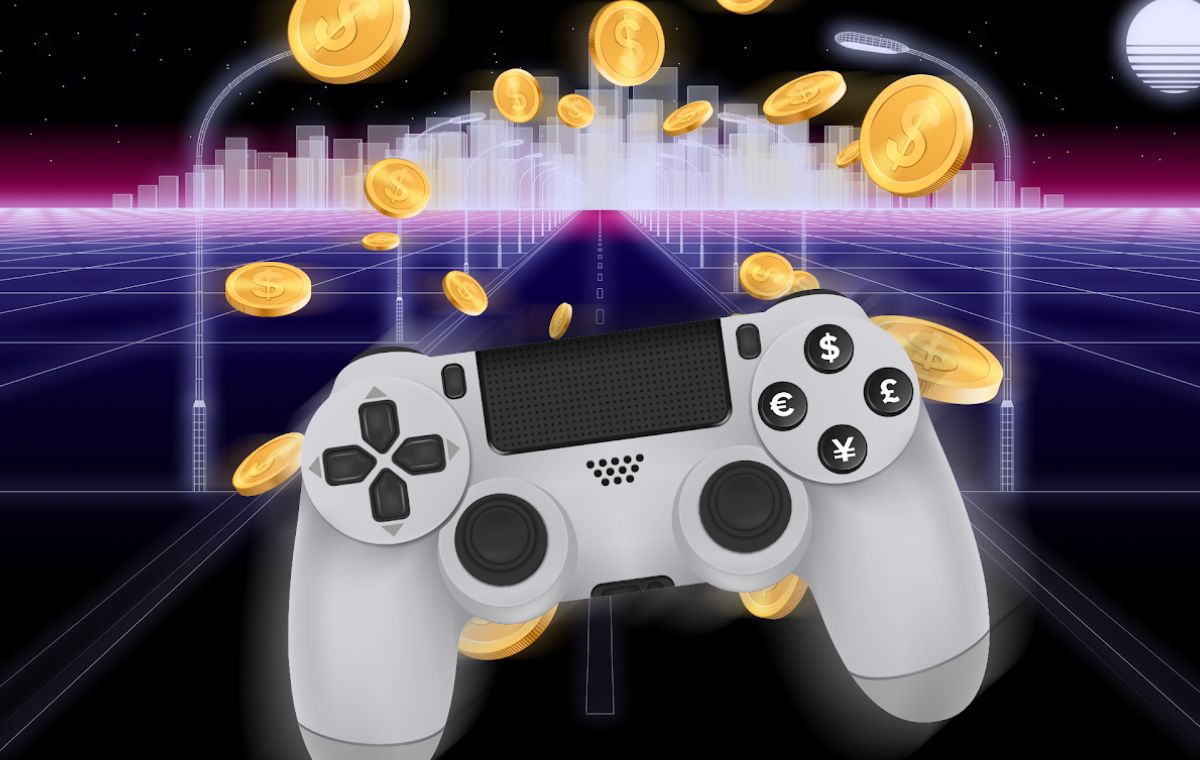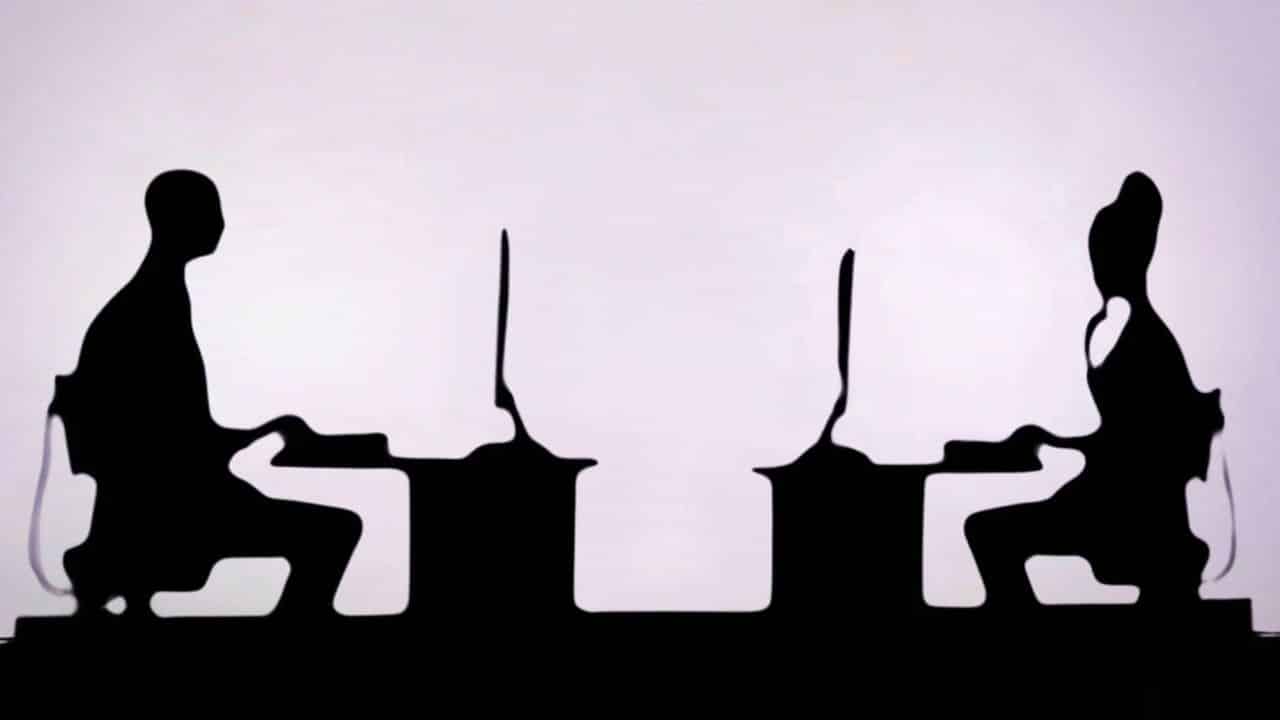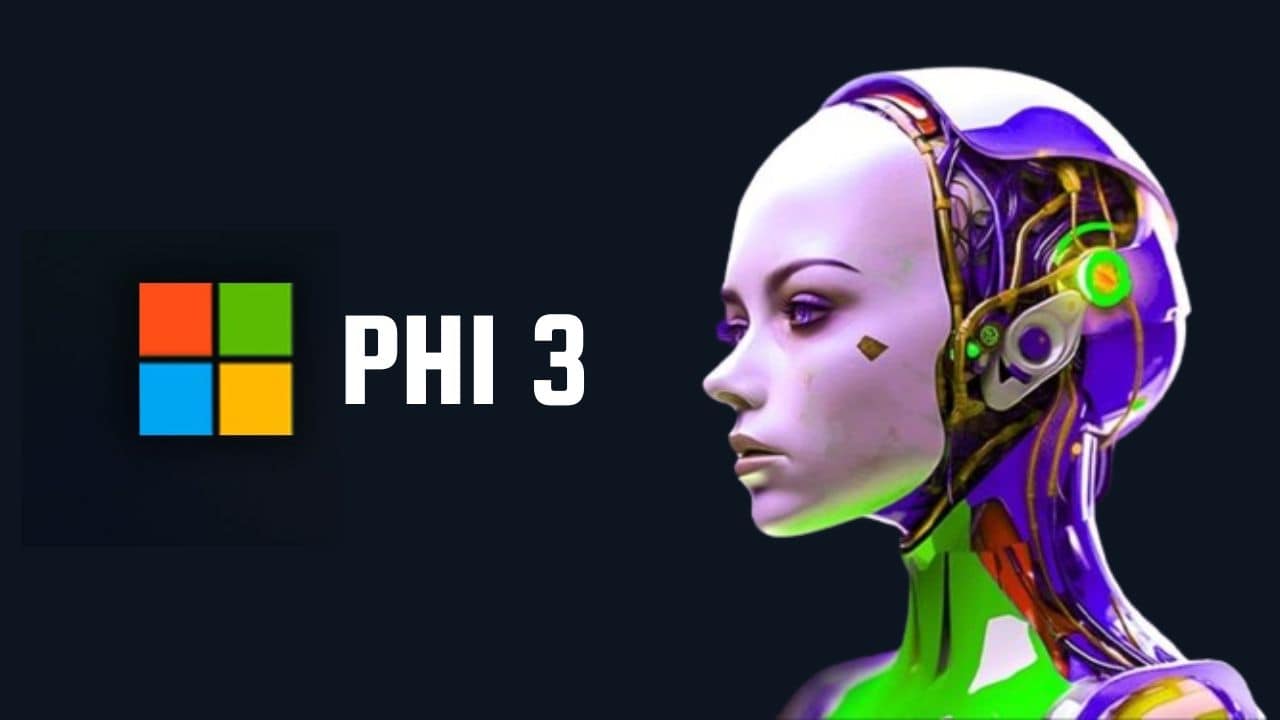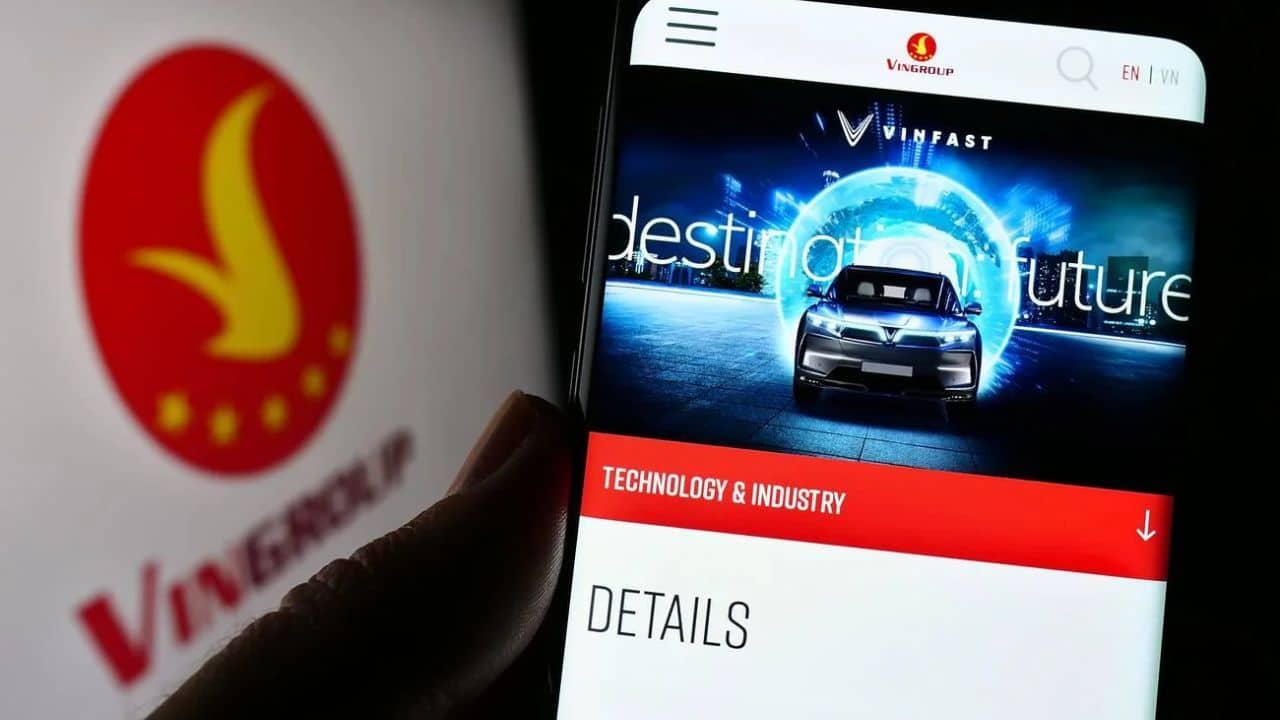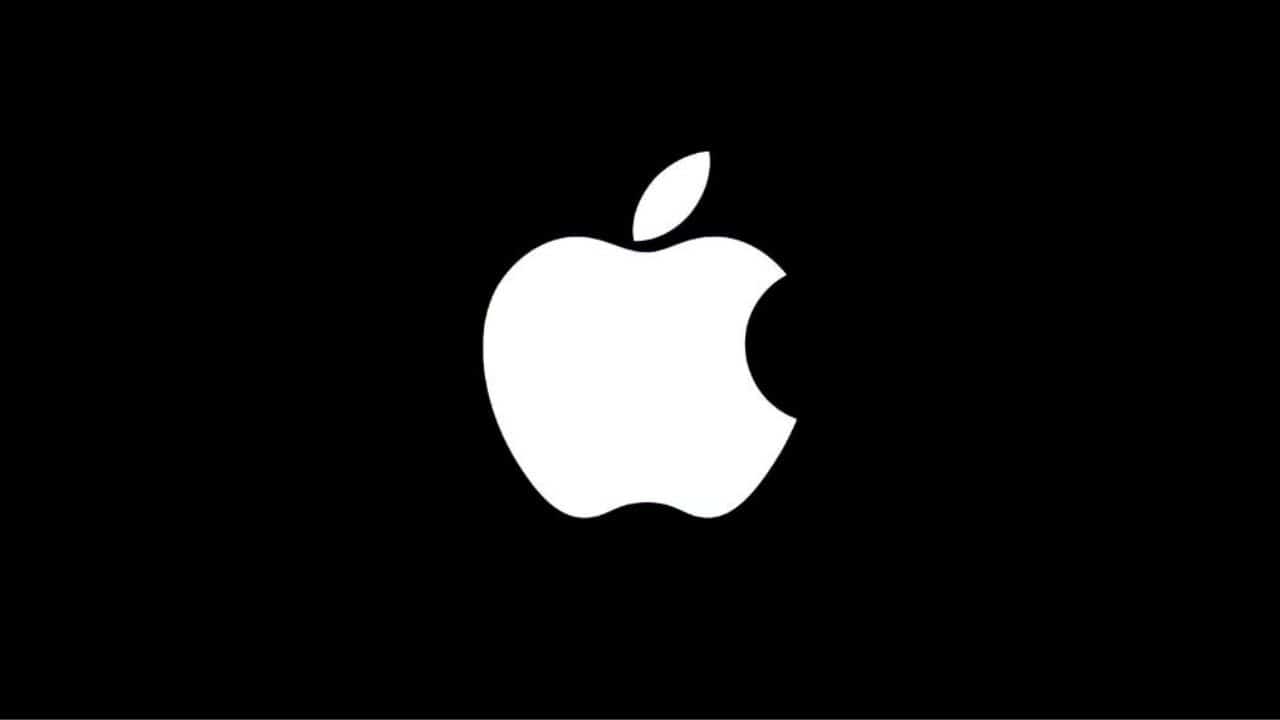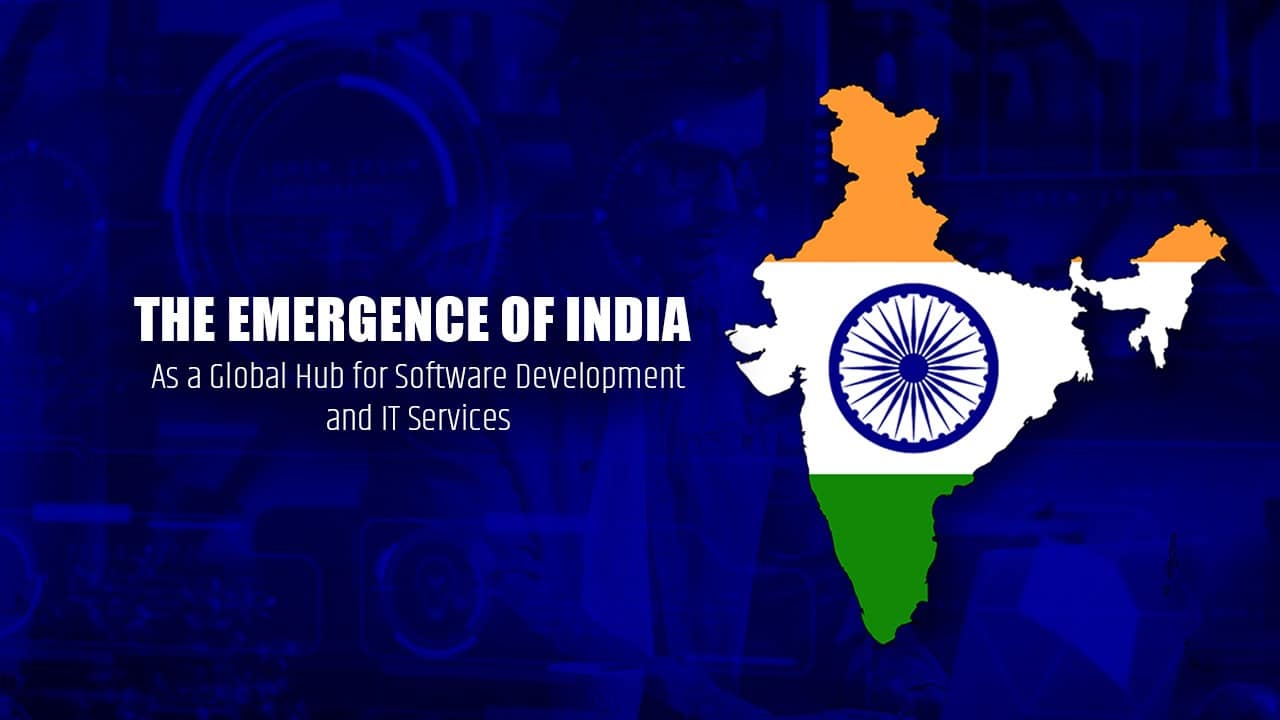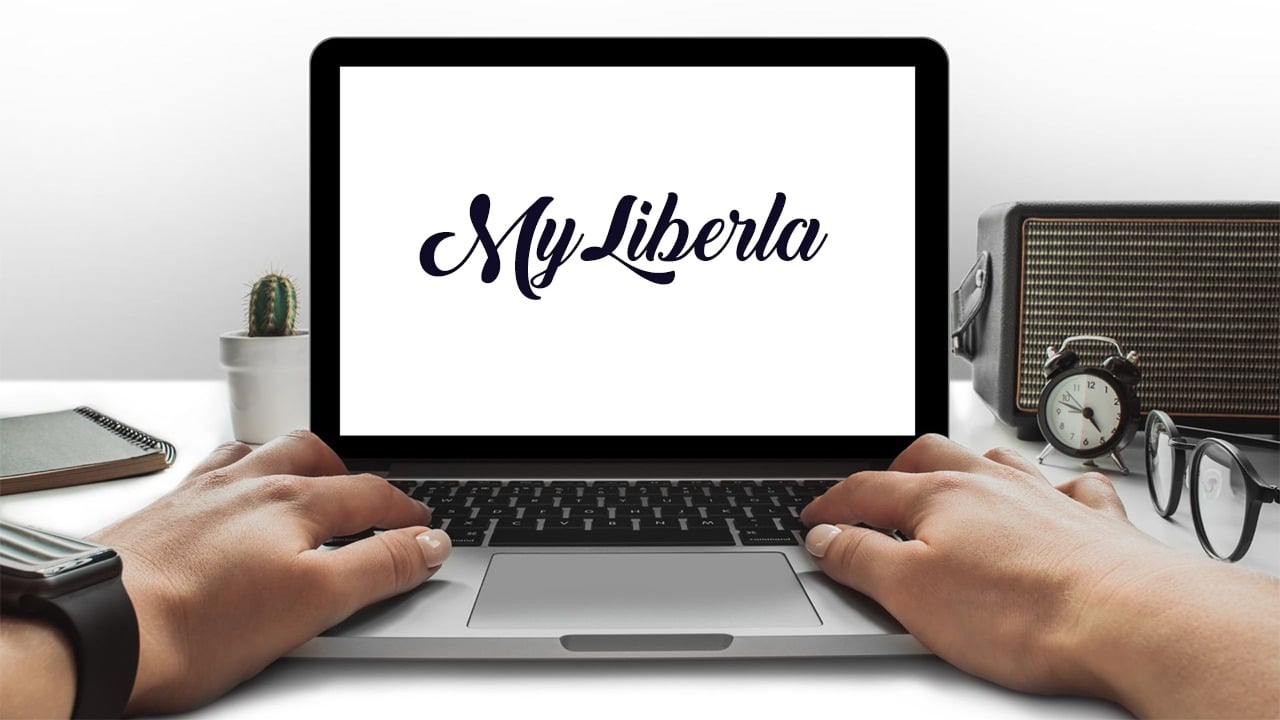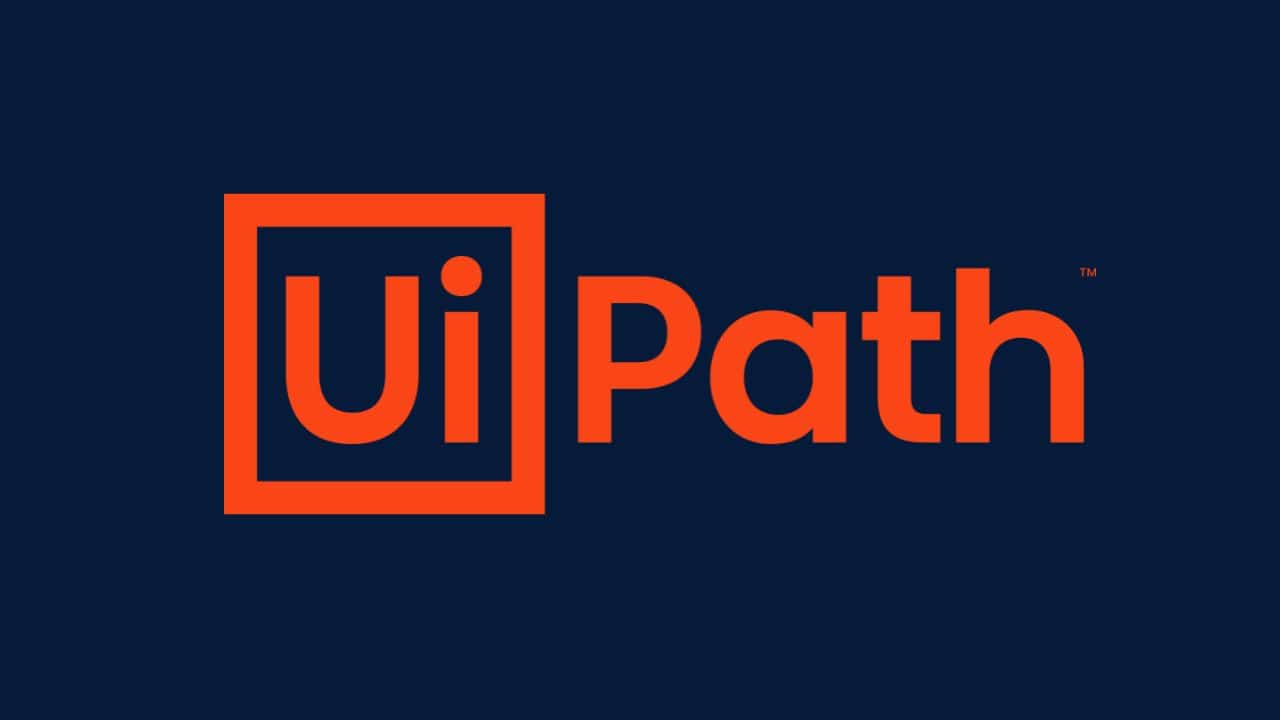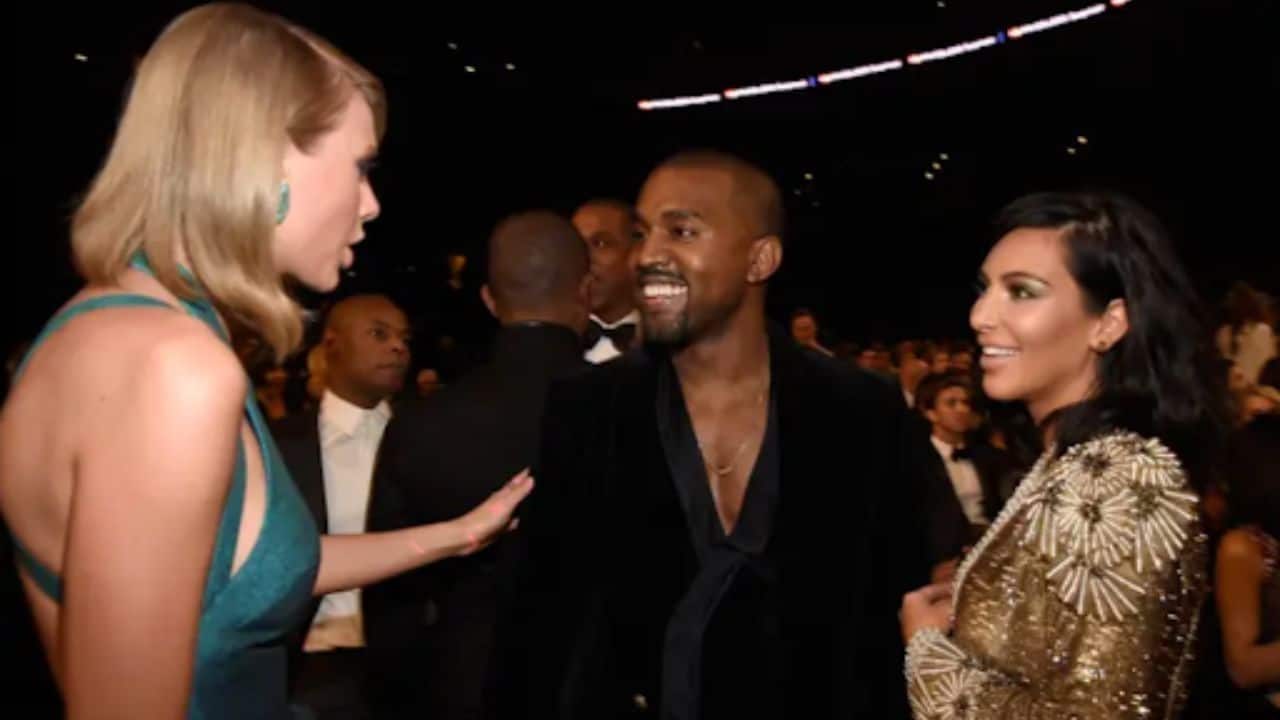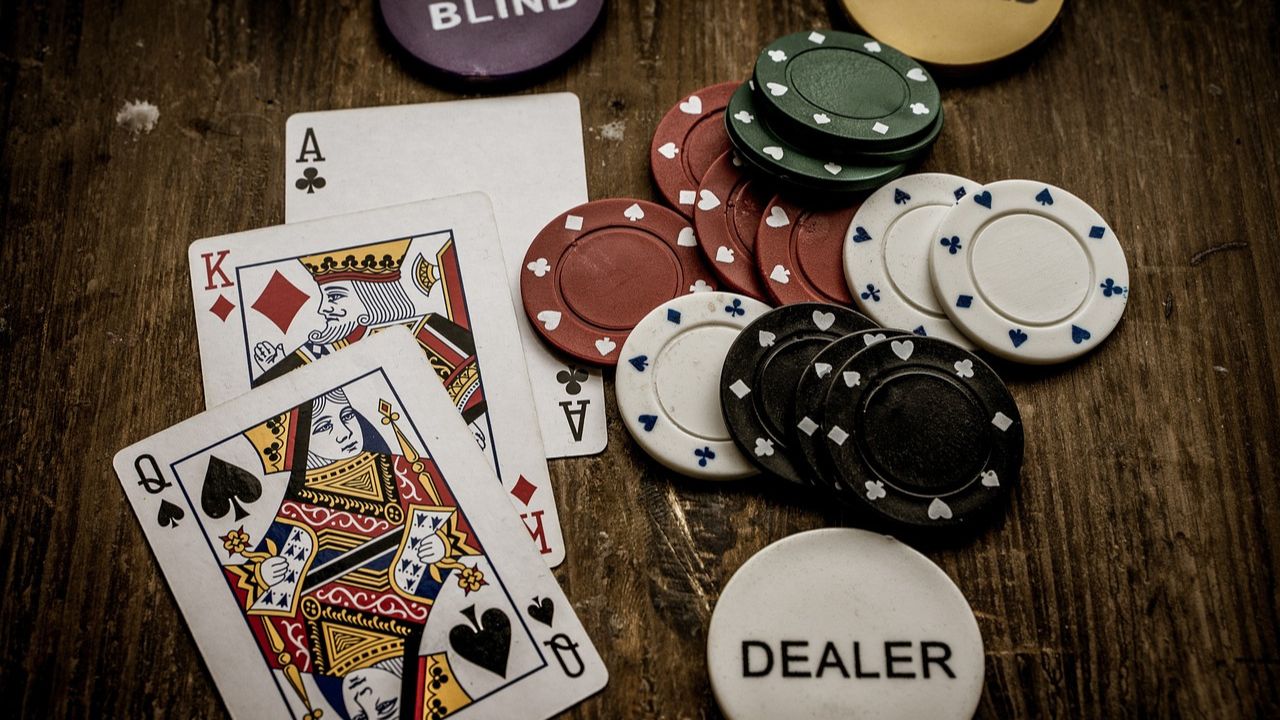Gaming companies are adopting blockchain technology because of its ability to solve some of these challenges through an auditable public ledger that allows for transparency over the supply chain and increases confidence in all involved parties. In addition, you can check the website Immediate Edge to get an automated trading experience by accessing the best-in-class trading bots and strategies.
In addition, blockchain technology can provide increased protection against piracy and fraud by ensuring the authenticity of goods or ownership rights – which are often infringed upon in this sector where intellectual property (IP) violations are rampant.
In the gaming sector, many companies have already explored blockchain technology as a solution for these complex supply chain relationships. This technology can track the origin of a virtual good, whether weapons in an online multiplayer game or skins in an in-game social multiplayer game. It lets gamers verify that they are buying authentic goods. In addition, the Blockchain can protect a publisher’s IP by preventing third parties from trading pirated products and devaluing the original product. Let’s discuss how bitcoin and Blockchain are helping the gaming industry.
What is Game-Fi?
Bitcoin and blockchain technology have been implemented in the gaming industry and can be identified as a leading example of Blockchain’s disruptive potential in the gaming industry.
GameFi is an Ethereum-based platform that enables players to earn tokens through gameplay. These tokens can then be used to purchase in-game goods, stored on servers managed by GameFi partners (or “spenders”). The game-saving smart contract then does a game verification and transfers a small number of tokens in exchange for the good.
The platform also includes rewards for all different kinds of games, including players that report bugs, contribute reviews, submit suggestions or remain active in community discussions. Blockchain’s Influence on Gaming
Gaming is a global industry that attracts millions of users every month. In 2016, the gaming market was worth $109.4 billion and was expected to grow to over $138 billion in 2018 – in the US alone. GameFi partners with game developers to provide service providers for their communities, offering virtual goods and services (e.g. in-game currency, live streaming, etc.) for gamers and their communities across multiple games – including games hosted on platforms such as Steam, Origin, Uplay, etc. These game platforms are partially responsible for the high number of unique visitors involved in this industry.
Play-to-Earn Model (P2E):
Traditional gaming models rely on virtual goods and services as rewards for completing specific tasks or loyalty points granted after purchasing in-game items. Alternatively, game developers can sell the items directly themselves.
GameFi has created a play-to-earn model using blockchain technology. This model is a more equitable way of exchanging value between gamers, service providers, and developers, ensuring that purchased virtual goods are secure, genuine, and untampered.
GameFi creates a financial ecosystem that promotes spending among gamers – an ecosystem where users can earn tokens through gameplay, which they can then spend on various services within the GameFi platform that spenders have provided. As a result, GameFi’s P2E model offers a better gaming experience for gamers and a more profitable solution for service providers and game developers.
Game Development
GameFi also provides a robust framework for developers to create and manage virtual goods within their games. In addition, the platform provides developers with tools necessary for managing virtual goods within their game, such as innovative contract development.
Benefits of Blockchain Technology in Gaming
As we discussed above, the gaming sector is full of challenges related to counterfeiting or piracy due to the digital nature of storefronts and communication on digital networks. The idea of blockchain technology is to provide a complete, transparent and trustworthy ledger that all parties in the supply chain can use.
GameFi is a real-world example in which this technology has helped solve many of these issues. It is one of the reasons why so many gaming companies are exploring blockchain solutions for their businesses. It’s important to note that GameFi is currently in the testing phase, so not all of its relevant details have been confirmed. However, this solution offers a significant first step toward a better digital gaming society and shows that Blockchain can benefit players, service providers, and even the industry.
Digital Asset Ownership
GameFi aims to allow game developers, publishers, and service providers to create digital assets – which could be anything from a weapon in a game to a digital pass for online multiplayer. Blockchain technology provides a safe and secure network for storing data, tracking the ownership of virtual goods, and enabling developers to create their own tokenized assets. For example, game tokens stored on GameFi servers can be validated, recognized as rare or valuable by the blockchain network, and received as payment for services or merchandise without an intermediary.

